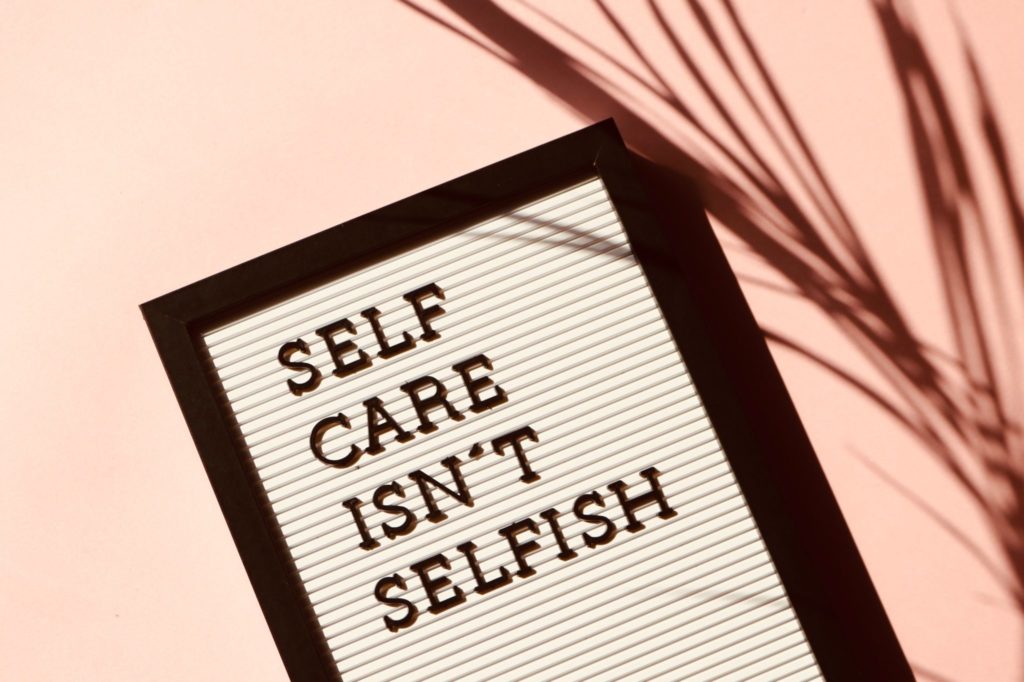by Dan Nyirady and Melissa Williams of Student Wellness Services
During times of insecurity it is normal for our stress levels and anxiety to increase. At this time we find ourselves engaging is “social distancing” that can feel a lot like isolation and solitude, which can impact our mood and energy level. The life we have been accustomed to does not look the same any more, and we feel like things are changing by the minute. We are struggling to identify who and what we can trust and wanting to find our footing. Now is when it is most important that we take care not only of our physical health, but also our mental health. Below are some tips on what to do to take care of your mental health.

- Reach out to friends via Skype, Messenger, Facetime etc. If all else fails, you can always connect old school style…that’s right, send a friend a handwritten note or letter.
- By all means, stay informed of what is happening in the world, however due to technology it can be very easy to stay over-engaged in the news. Choose which news platforms to stay connected with only two or three times a day. We would recommend trusted sources such as the CDC website (https://www.cdc.gov/) or the Department of Public Health for your county (https://www.rivcoph.org/).
- Reach out to support services. Student Wellness Services staff is offering teletherapy services and can be reached at (951)785-2200.
- Practice mindful meditation and deep breathing. Here is a link to several recommended free mindfulness apps for you to try out. https://www.healthline.com/health/mental-health/top-meditation-iphone-android-apps
- Get active. Walk your pet outdoors, start a YouTube workout challenge, dance in your house to your favorite dance playlist. Staying active and engaging in some form of physical activity is a great way to increase endorphins, energy, mood, and releasing angst.
- Try to focus on what you can do, and the positive choices you can make.
- Create a gratitude list and identify the things you are grateful for. Start and end your day with identifying something you are grateful for. Some examples are: “I am grateful for the rain,” “I am grateful for not having to be in as much traffic.”
- Create a new schedule. It can be tempting to just stay in bed, or not follow a routine, however it can be helpful to establish a routine that works for you, especially a consistent bedtime and sleep routine. Sleep is vital for healthy functioning.
- Create a playlist of your favorite songs, and uplifting music. Music is a wonderful way to help boost mood and energy level.
- LAUGH!!! Find things that make you laugh.
- Identify your hobbies and try to engage in them.
- Challenge yourself to learn something new. Learn to play the guitar, learn a new language, learn how to decorate cookies like a professional, learn how to make pasta from scratch.
- Blog/vlog/journal. All are ways in which you can externalize your thoughts and feelings and release your thoughts and stressors.


